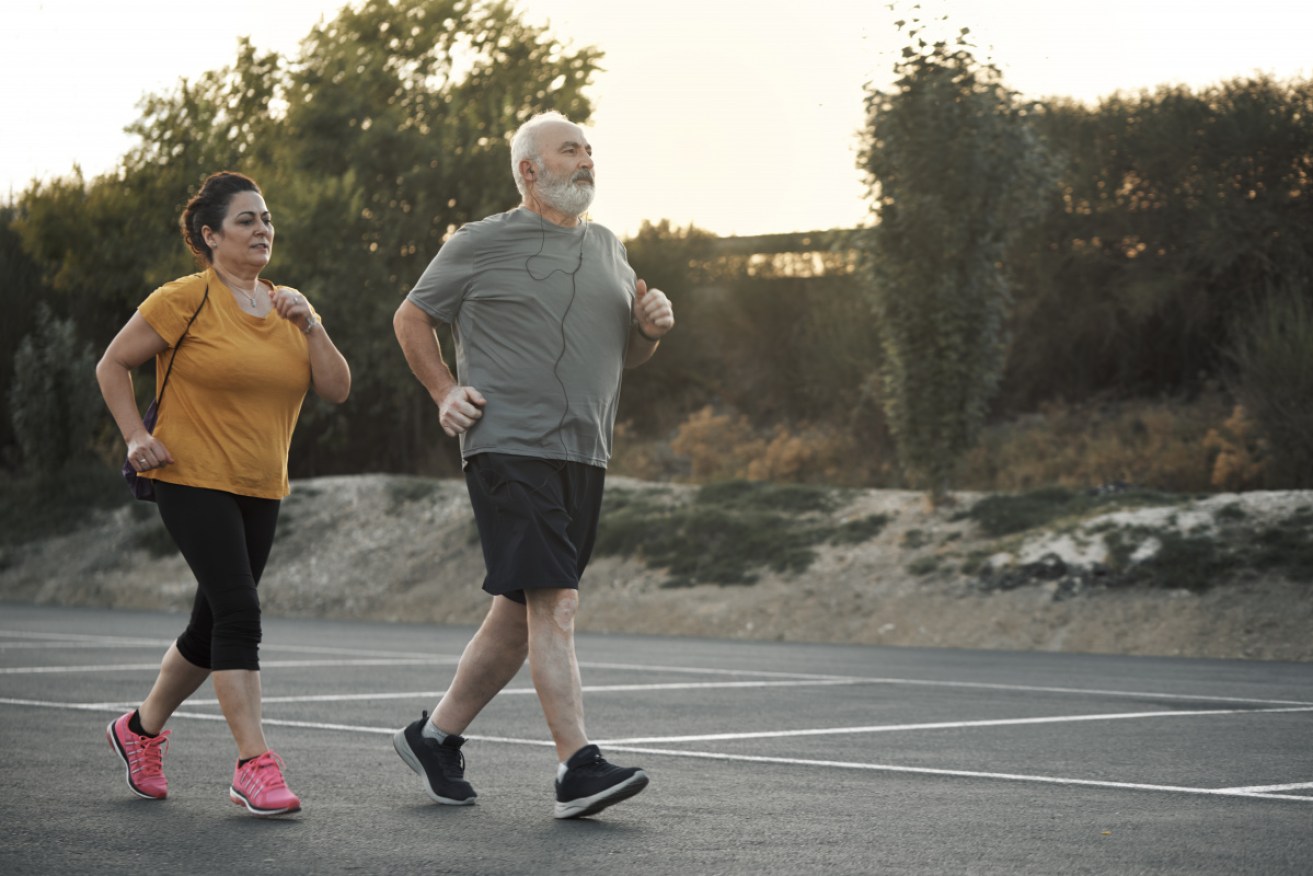Textbook thrown out: Your metabolism doesn’t slow down until you hit 60, new research shows


Exercising but not losing weight? It's more to do with what you're eating than with your metabolism. Photo: Getty
We’ve been told, repeatedly, that by middle age our metabolism will fall in a heap, allowing weight to accumulate – and no matter how often we go to the gym, the belly from hell can’t be shifted.
It was a good excuse for losing the battle of the bulge. But it’s not true.
New research has found that for most of our lives, our metabolism runs a steady course. All that midlife pudding is probably accruing because of a poor-quality diet.
This is one of many surprising findings from a large international study, a project that is set to change the textbooks.
The scientists have overturned our understanding of metabolism – when it runs hardest, when it begins to fade, and how it really works.
The research, headed by Herman Pontzer, an evolutionary anthropologist at Duke University, has implications for the understanding and treatment of cancer and ageing.
Aspects of women’s health will need to be re-assessed, too.
Metabolism myths busted
It was thought that women have a slower metabolism than men. But on a kilo-to-kilo basis – adjusting for body size and muscle mass – the scientists found this not to be true.
It was also thought that menopause put a drag on a woman’s metabolism. This was thought to explain weight gain and mental fog. That’s not true either.
The major finding was that metabolic life – the chemistry going on in our cells, from birth to death – runs in four stages:
- The first year of life, your metabolism is rocketing along. In the womb, your metabolism was in lock-step with your mother’s – but after birth, it runs 50 per cent higher than that of an adult. This is the highest it will ever run. The scientists are baffled.
- After the first year, your metabolism eases off, gently, slowing at about three per cent a year. The scientists looked for a surge during the sometimes volatile changes of puberty. But the metabolism held steady.
- The biggest surprise was the decline stopped at age 20 and held steady for the next 40 years. From the age of 20 to 60, there was no change at all.
- From the age of 60, the decline returned, but slowly, at 0.7 per cent a year. By the time you hit 90, you’ll be burning 26 per cent less calories. Not everything is working as it once did, and we don’t need as much energy.
The study involved 6400 people from 29 countries. The youngest participants were eight days old. The oldest were 95.
The idea was to analyse the average calories they burned “as they went about their daily lives”.
They used a tool known as the “doubly labelled water” isotope-based method.
This is a urine test with a nuclear component: participants drank water in which the hydrogen and oxygen in the water molecules have been replaced with naturally occurring “heavy” forms, and then measures how quickly they leave the body.
Myths and misconceptions
The researchers said that basic vital functions – breathing, digesting, and pumping blood – accounted for 50 percent to 70 percent of the calories burnt each day.
The researchers also measured the energy spend when “washing the dishes, walking the dog, breaking a sweat at the gym, even just thinking or fidgeting”.
The “doubly labeled water” method is very expensive – too expensive to be used in a single experiment involving thousands of participants. The data in the new study was pooled by dozens of researchers, some of it gathered 40 years ago. A persuasive pattern emerged.
We had this idea that our metabolism was like an engine with an accelerator – stepping up and giving a little extra during key life stages, such as puberty and pregnancy.
The research has found that metabolism has key stages tied to the life course, but overwhelmingly it holds a steady course, and is somewhat separate to hormonal dramas.
Jennifer Rood is associate executive director for Cores and Resources at Pennington Biomedical Research Center, and one of more than 80 co-authors of the study.
“As we age, there are a lot of physiological changes that occur in the phases of our life, such as during puberty and in menopause,” Dr Rood said.
“What’s odd is that the timing of our ‘metabolic life stages’ doesn’t appear to match the markers we associate with growing up and getting older.”








